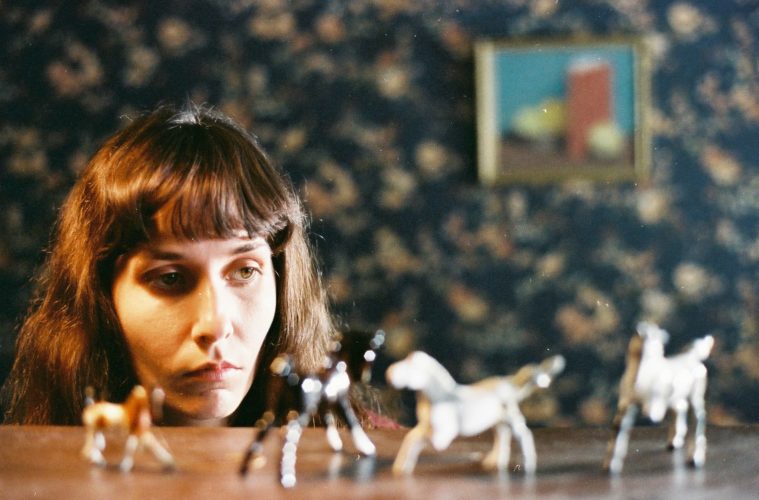I don’t remember whether it was John Keats or Jane Campion I first fell in love with. But undoubtedly, Bright Star has a special place in my heart. As a poem and as the film that so closely resembles the former. My initial crush turned long-lasting love for director Jane Campion has led me on a quest to discover the rest of her celebrated filmography.
Previous posts: The Shorts, 2 Friends
The year since I started this feature has passed by rapidly. After spending months trying to hunt down a copy of 2 Friends, my initial enthusiasm slowly washed out, since as a millennial, it frustrates me when what I want, or finding out how to get what I want, isn’t easily available to me. But you know what else is frustrating? Not finishing what you started. So here I am, finally ready to continue the quest through the grand Campion.
Sweetie is Jane Campion’s first cinematic feature film, out of seven in total at this point. Further confirming what I’ve learned about her film-making so far, this is a very strange film indeed. I liked it and have thought about it a great deal, however I would definitely classify it as disturbing. Much of this is due to the title character of Sweetie (Genevieve Lemon), but we will get to her.
Surprisingly, she isn’t the main character. This part goes to her sister Kay (Karen Colston), a superstitious, somewhat removed young woman living with her boyfriend Louis (Tom Lycos) in a suburban area somewhere in New Zealand. As the romance of this relationship fades – which neither of them wants to admit – Kay is further bothered by the sudden appearance of Sweetie at her doorstep. Loud, impulsive and sociable, Sweetie is the opposite of her older sister, but that isn’t the only cause of a long-standing conflict between the two.
Campion dedicated this film to her sister, and family is indeed the subject at the center of this layered narrative. I can’t say that I fully understood everything she wanted to say with this script (also written by her), particularly because some of it seems a bit dated and out-of-context for someone who has never been to New Zealand and wasn’t born at the time this film came out. From what I have heard though, the country is usually a few years behind when it comes to political and societal issues, which explains why it doesn’t entirely feel like an end-1980’s film. There’s something off about it, just as there is about every single character in it.
It is obvious that something is amiss in the family portrayed in this movie, and these initial concerns seem to be validated when we get to meet Kay and Sweetie’s parents. However, later in the movie they seem like two normal people of their time, who have just done the best they could in raising two daughters that both seem to have light to severe mental problems. We don’t know whether Kay is the seemingly cold, apathetic woman because of her exuberant sister, but she too has some odd characteristics that make her seem almost alien at times. That being said, I did like the way that she sort of rests in herself and doesn’t give a fuck about most other people. Her boyfriend Louis is the most relatable character in the movie, and you end up feeling truly bad for him. While it isn’t completely clear to the viewer what he sees in Kay, his love to her seems genuine.
I understand that the film wants to raise awareness about mental health and how we treat each other as equal human beings, and that is a wonderful message. Few of us really know how we would handle a situation as the one described in this movie, had we been forced into it at that time. That being said, it isn’t a comfortable thought to ponder over almost two hours of your life, not counting the ones you spend after the credits have rolled. This film won’t make you angry either, or simply sad. It’s a complicated story about complicated emotions, and as much as my brain liked that challenge, I wouldn’t accept it a second time.
Bob’s your uncle (apparently this means “There you have it” in NZ). Stay on the lookout for the next installment, where I finally get to watch and talk about An Angel at My Table.



